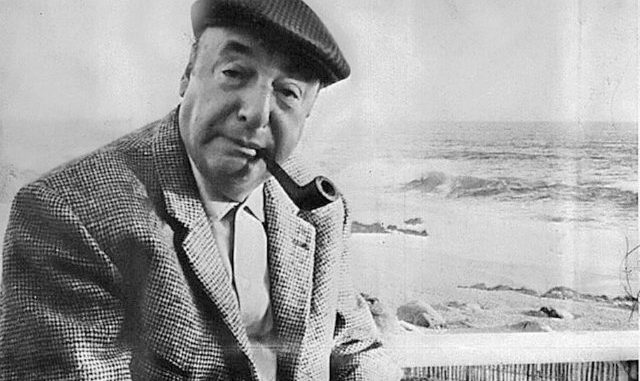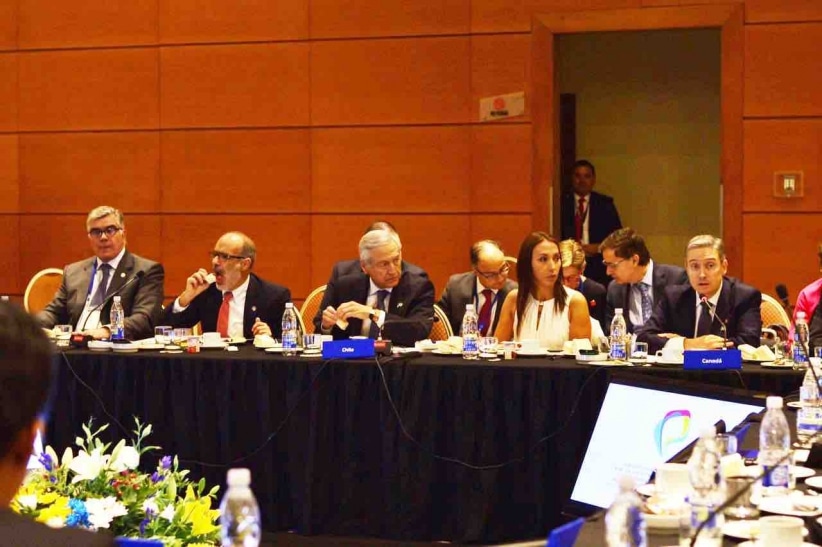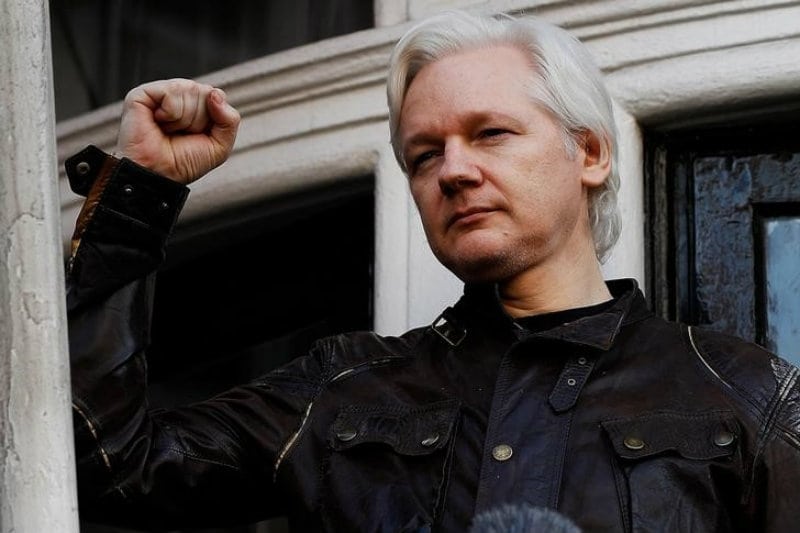
SANTIAGO – A panel of international scientists says Nobel Prize-winning poet Pablo Neruda didn’t die of cancer or malnutrition, amid speculation the writer was poisoned after the right-wing military coup in 1973.
Although the forensic experts rejected the official cause of death, they didn’t say what the revered poet and Communist Party politician did die of.
The panel members said they will continue to identify pathogenic bacteria that might have caused Neruda’s death to determine if a third party was involved.
Chile sentences 35 Pinochet agents for pregnant woman’s murder
The poet, who was 69 years old and suffering from prostate cancer, died in Chile’s post-coup chaos. The official version was that he died of cachexia, or weakness and wasting of the body due to chronic illness – in this case cancer.
“The fundamental conclusions are the invalidity of the death certificate when it comes to cachexia as a cause of death,” said Aurelio Luna, one of the panel’s experts.
“We still can’t exclude nor affirm the natural or violent cause of Pablo Neruda’s death.”
Neruda’s body was exhumed in 2013 to determine the cause of his death but those tests showed no toxic agents or poisons in his bones. His family and driver demanded further investigation.

Rumors and accusations have long centered on the claim that two mystery men visited the poet in his hospital room and were observed giving up an injection. His condition is said to have deteriorated that afternoon and he passed away three days later.
In 2015, Chile’s government said that it’s “highly probable that a third party” was responsible for his death. Neruda was reburied in his favorite home overlooking the Pacific Coast last year.
Ex-agent of Pinochet dictatorship shoots himself in bathroom
Neruda was best known for his love poems. But he was also a friend of socialist President Salvador Allende, who killed himself rather than surrender to troops during the September 11, 1973, right-wing coup led by Pinochet.
Neruda was traumatized by the military takeover and the persecution and killing of his friends. He planned to go into exile, where he would have been an influential voice against the dictatorship.
But a day before his planned departure, he was taken by ambulance to a clinic in Santiago where he had been treated for cancer and other ailments.
Neruda officially died there September 23 from natural causes. But suspicions that the dictatorship had a hand in the death remained long after Chile returned to democracy in 1990.



